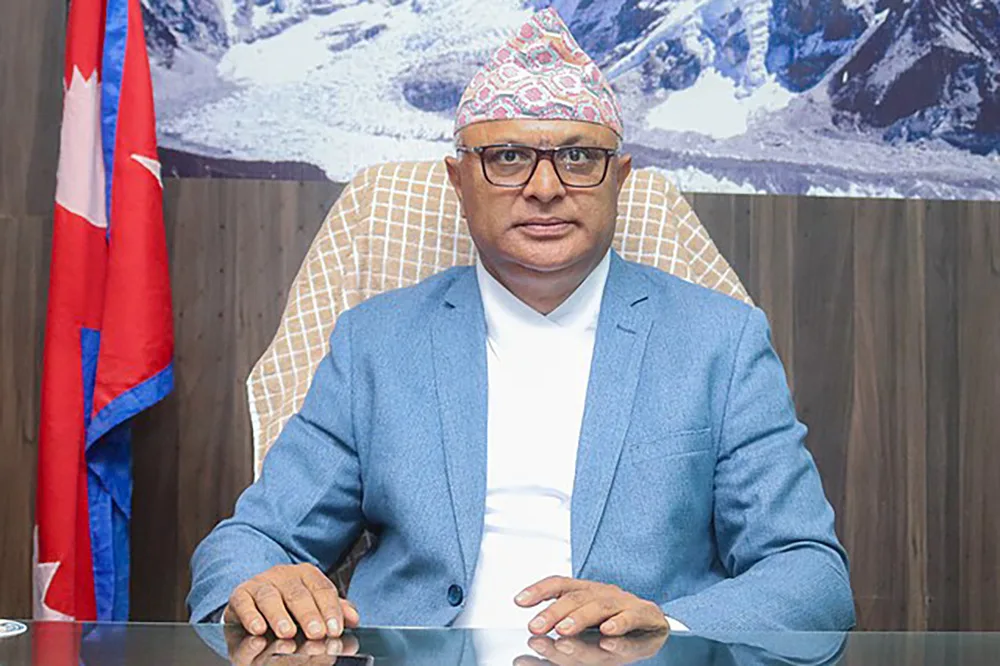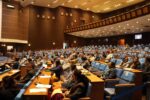KATHMANDU: Since the promulgation of the Constitution in 2015, Nepal has undergone a radical transformation in governance, establishing a three-tier system: federal, provincial, and local.
As the provincial government enters its seventh year, having secured a second term after the general election, it reflects on six years of mixed experiences.
Key to the enforcement of federalism are political, financial, and administrative aspects, all of which have not progressed as anticipated. While the new system is largely in place, challenges remain.
Political federalism, a complex issue, has generated public complaints regarding the cumbersome structures of federal parliaments.
Finding ways to streamline these structures is essential. Although some accuse political parties of exploiting the federal system for personal gain, such claims oversimplify the challenges.
Administrative federalism, a critical pillar, has also faced hurdles. Service delivery has not met public expectations, and management of human resources remains a priority.
The Province Service Commission is conducting an internal survey of the workforce, and while civil servant adjustments are slow, efforts to enhance quality and effectiveness continue.
Many designated employees have not reported for duty, while others have retired, further complicating personnel management.
The need for a robust fiscal federalism is evident. We lag in increasing internal revenue, which is essential for effective governance.
Our current reliance on allocations from the Fiscal Commission and other sources has decreased. Thus, our focus is on broadening the tax base without burdening citizens.
Political instability at both the federal and provincial levels has resulted in a lack of clear majorities, hindering planned activities.
Frequent changes in government have exacerbated this issue. However, we aim to stabilize the current coalition of Nepali Congress and CPN UML to drive development forward.
The Constitution and associated laws are crucial for effectively implementing federalism.
While the constitutional framework is clear, essential laws like the Civil Service Act remain outstanding.
Additionally, adjustments in police administration and legislation on education and health are still pending, which hampers effective federalism and provincial lawmaking.
Ongoing discussions between federal and provincial governments aim to resolve these pressing issues.
Despite these challenges, we are committed to advancing our work under the constitutional framework.
Moving forward, we will enhance our activities in line with new laws that address citizens’ rights and responsibilities.
Policy-making and administrative management are key focus areas. The provincial government has learned from past experiences and is making strides in establishing a functional structure.
With practical arrangements in place, we aim to demonstrate that federalism serves the people’s interests.
Shifting from a centralized governance system that prevailed for over 250 years to a three-tier federal structure is a significant challenge.
The Constitution emphasizes coordination, cooperation, and coexistence among the three levels of government, and adherence to these principles is essential.
While weaknesses exist at various levels, we must resolve these issues to advance federalism.
Prime Minister KP Oli’s recent decision to deploy necessary personnel from the center to the province will further facilitate this process.
We believe the implementation of federalism will accelerate. Discussions on police administration adjustments are ongoing, and we are determined to establish this year as the year of federalism implementation.
The Constitution’s provisions inherently support federalism. Repealing federalism would not only be a failure but also a direct attack on the Constitution, risking a return to conflict.
Countries that were once comparable to us in development have surged ahead, leaving Nepal behind. We cannot afford to fail again; backtracking from federalism is not an option.
The perception that federalism is expensive and burdensome is misguided. With proper financial discipline, it can be managed effectively, as supported by reports from the Office of the Auditor General.
As we commemorate the day of the Constitution’s promulgation, I encourage all Nepali citizens to engage in the national campaign for a “Prosperous Nepal: Happy Nepali.”
(Based on a conversation with the Chief Minister by RSS in Koshi Province)









Comment